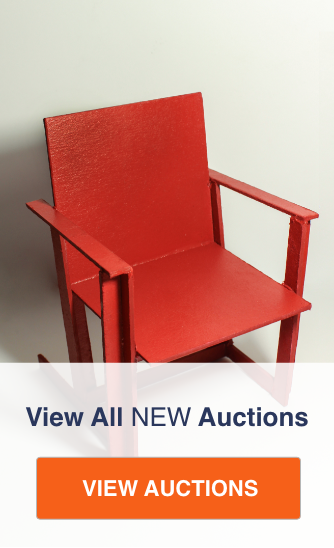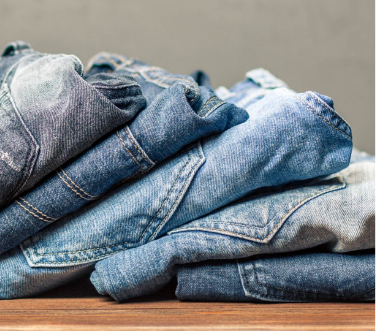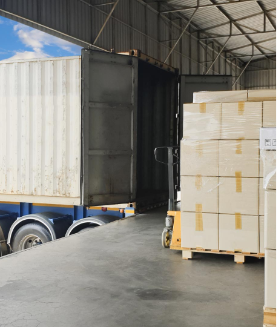Private Labels
What, Why and How – Questions Answered

Every business runs differently – from the merchandise to condition to resell channels. It’s how each business thrives in their own way that really sets them apart from their competition.
Enter private labeling – the act of merchandise being sold under another company brand. Many resellers have taken up this practice to give their business an added boost, with it turning into a real revenue stream. While sourcing returned, shelf pulled and used merchandise, this adds another facet for your customers to shop.
The practice of private labeling is most commonly seen in grocery stores – from breads to salad dressings to sodas – nearly every grocery store has their own line of products. These are generally available at a lower cost and can help boost a brands name.
BENEFITS OF PRIVATE LABELING: Provided you have an established business, with a solid customer base, private labeling may be quite lucrative for your long-term business growth. The costs associated with a private label are not expensive as getting a logo on a private label product could be as low as $0.20 per item.
Additionally, by carrying merchandise in a wide range of colors, styles, sizes, etc. can afford your company with the ability to keep the inventory fresh and competitive with the name brand companies in the industry. For budget conscious and thrifty shoppers, they may only be looking for a similar product rather than the real thing – especially if the item is trendy.
After initial setup costs with getting a private label started (usually a few hundred dollars), getting the inventory on a regular basis is very simple, provided the items are selling. Using fulfillment by Amazon is also a great way to sell your merchandise while also providing creditability to your name – as users can purchase your private labels without worry of having a single unit in stock. Provided their experience is a positive one, the likelihood they’ll check out your other merchandise is extremely high.
GETTING STARTED: Provided you’re new to the reselling industry, it’s best to hold off on pursuing the private labeling world as the upfront costs would be a bit overwhelming, and without experience in resell channels it can be overwhelming and not profitable. Having the upfront expenses without a current and steady flow of revenue already funneling through the business could lead a longer term of not profit stream, thus making it hard for a new business to find their ground.
When ready to dive into this world, start with a product line you know very well. If you sell a lot of clothing and know the clothing market – start with clothing. From there, determine who your main competition will be, in ordered to make sure your products stand out. With this information in hand, finding a supplier to meet your needs at your price point will be key – and potentially the most involved process.
A lot of resellers find private label suppliers from China, as they offer the lowest costs with the most custom allowances. However, when dealing with an international supplier, make sure you have all your details in writing without missing a single aspect of what you’re requesting. If possible, trying and find other resellers using the supplier you’re researching to get some additional feedback – it will help to ensure you get a clear picture with minimal mistakes.
From there, all that’s left is to create the brand. From a logo to a mission statement – make sure your brand stands out and your customers know what you’re about and why they should buy from you rather than your competition.
You might also be interested in:
Sell like an eBay Pro
Start winning sales – not losing sales
Buyer Feedback & Discounts
Your customers are your future growth




